HMRC 'disregards data protection', collecting 5m UK citizens' voice recordings
Tax office creates "mass ID scheme" by the back door, Big Brother Watch claims
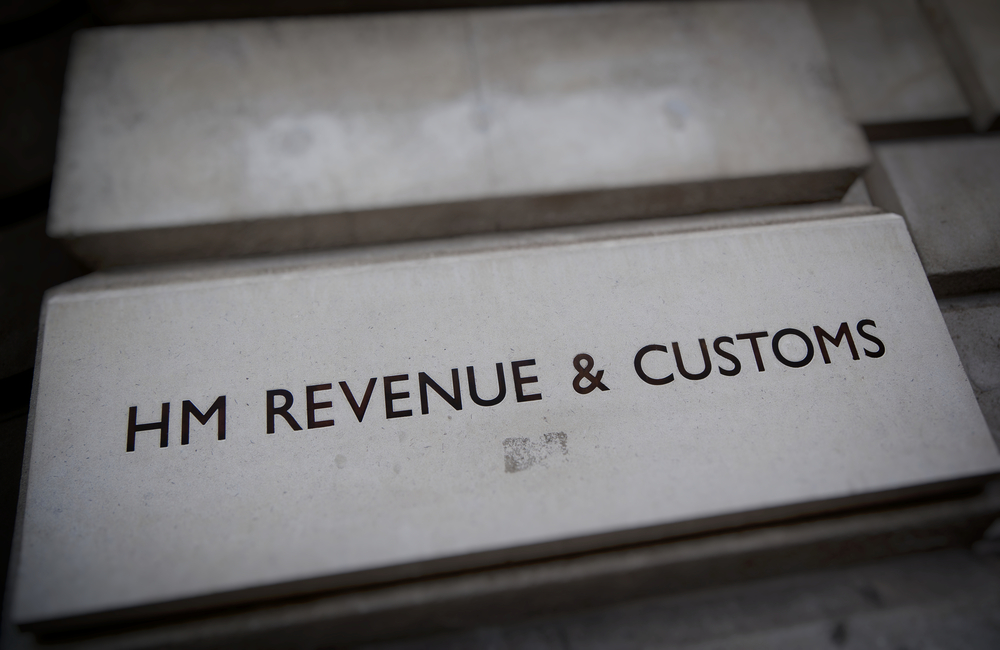
Millions of taxpayers' voice recordings have been logged and stored by HMRC without their consent, according to a privacy campaign group.
The tax office has collected 5.1 million 'voiceprints' from UK citizens who found they were unable to access its services without repeating the phrase 'My voice is my password' on an automated line, Big Brother Watch claimed today.
"Taxpayers are being railroaded into a mass ID scheme that is incredibly disturbing," said Big Brother Watch director Silkie Carlo. "The tax man is building Big Brother Britain by imposing biometric ID cards on the public by the back door."
Its Freedom of Information (FoI) request revealed that HMRC started recording voiceprints of callers to its tax credits and self-assessment helplines in January 2017.
Callers were unable to speak to advisors without recording their voice, Big Brother Watch claimed. Meanwhile, HMRC declined to provide Big Brother Watch with a copy of the privacy impact assessment for the scheme, and claimed the department has yet to consult with the UK data protection watchdog, the Information Commissioner's Office (ICO), about the data collection.
Capturing people's voice recordings without their freely given consent, or making clear what it's being used for, would be in contravention of the Data Protection Act 2018 and the EU's General Data Protection Regulation (GDPR) rules, unless HMRC can demonstrate a legitimate interest in collecting such data.
However, Pat Walshe, data protection law expert and director of Privacy Matters, accused HMRC of "failing to meet basic data protection principles".
Get the ITPro daily newsletter
Sign up today and you will receive a free copy of our Future Focus 2025 report - the leading guidance on AI, cybersecurity and other IT challenges as per 700+ senior executives
HMRC's automated phone line told callers: "I'll need you to say exactly those words", BBW found after members of the public drew its attention to the practice.
There was no way to opt out of recording your voice, Big Brother Watch found, with callers saying 'no' repeatedly being told: "It's important you repeat exactly the same phrase. Please say 'My voice is my password'."
Big Brother Watch managed to get around it by repeating 'no' three times, but this process wasn't made clear by HMRC's phone line.
A Big Brother Watch spokesperson told IT Pro: "It's such a remarkable ID database nationally [but] there's no privacy impact assessment [that we can see] and they haven't engaged with the ICO about it."
HMRC has also not consulted with the Biometrics Commissioner about its storage of voiceprints.
While people have a right to the erasure of their data under the Data Protection Act 2018, HMRC declined to answer the Freedom of Information request to find out what process people could follow to have their voiceprint deleted, citing the prevention or detection of crime exemption.
"This suggests that taxpayers' voiceprints are being used in ways we do not know about," BBW said.
However, HMRC refused to disclose which other government departments it has shared the voiceprints with, where and how they're stored, or what they're used for.
"These voice IDs could allow ordinary citizens to be identified by government agencies across other areas of their private lives," Carlo added. "HMRC should delete the five million voiceprints they've taken in this shady scheme, observe the law and show greater respect to the public."
The Information Commissioner's Office (ICO) is now looking into the issue, and Walshe said it could order the tax office to suspend the scheme.
An HMRC spokesperson said: "Our Voice ID system is very popular with customers as it gives a quick and secure route into our systems. The Voice ID data storage meets the highest government and industry standards for security."
Image: Shutterstock
-
 Bigger salaries, more burnout: Is the CISO role in crisis?
Bigger salaries, more burnout: Is the CISO role in crisis?In-depth CISOs are more stressed than ever before – but why is this and what can be done?
By Kate O'Flaherty Published
-
 Cheap cyber crime kits can be bought on the dark web for less than $25
Cheap cyber crime kits can be bought on the dark web for less than $25News Research from NordVPN shows phishing kits are now widely available on the dark web and via messaging apps like Telegram, and are often selling for less than $25.
By Emma Woollacott Published
-
 ICO admits it's too slow dealing with complaints – so it's eying up automation to cut staff workloads
ICO admits it's too slow dealing with complaints – so it's eying up automation to cut staff workloadsNews The UK's data protection authority has apologized for being slow to respond to data protection complaints, saying it's been overwhelmed by increased workloads.
By Emma Woollacott Published
-
 “Limited resources” scupper ICO probe into EasyJet breach
“Limited resources” scupper ICO probe into EasyJet breachNews The decision to drop the probe has been described as “deeply concerning” by security practitioners
By Ross Kelly Published
-
 Surge in workplace monitoring prompts new ICO guidelines on employee privacy
Surge in workplace monitoring prompts new ICO guidelines on employee privacyNews Detailed guidance on how to implement workplace monitoring could prevent data protection blunders
By Ross Kelly Published
-
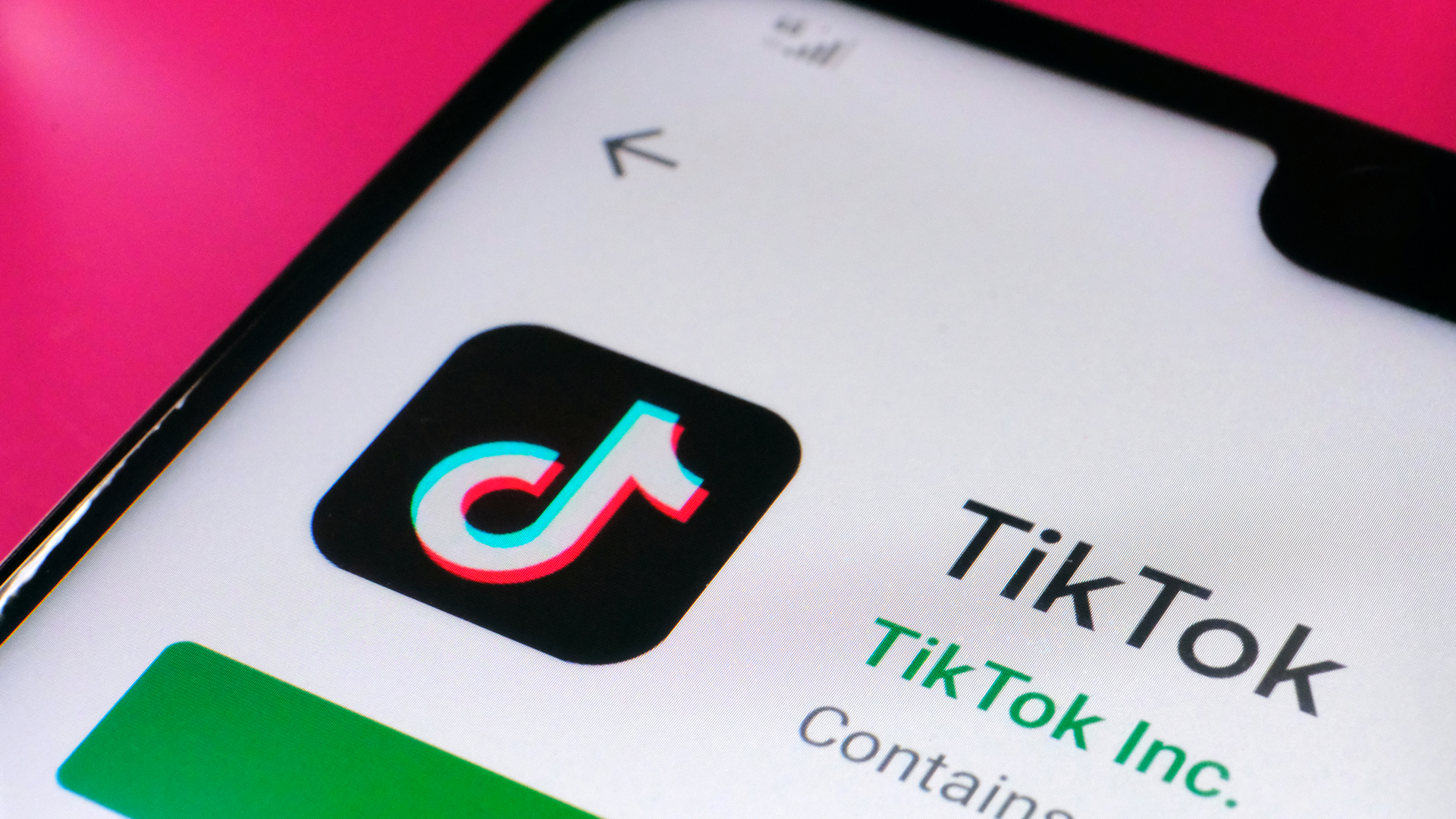 TikTok could be hit with £27m fine for failing to protect children's privacy
TikTok could be hit with £27m fine for failing to protect children's privacyNews Social media firm issued with a notice from the ICO for potential violations of UK data protection laws
By Bobby Hellard Published
-
 What is AdTech and why is it at the heart of a regulation storm?
What is AdTech and why is it at the heart of a regulation storm?In-depth The UK data regulator has come under heavy fire for consistently delaying much-needed action, privacy groups say
By Carly Page Published
-
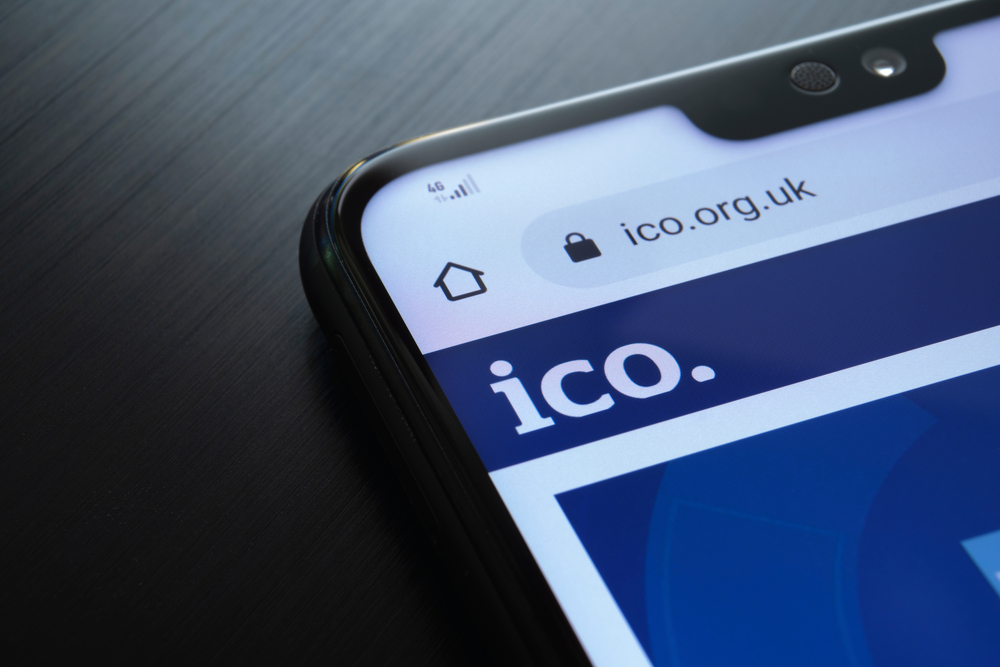 ICO crackdown on AI recruitment part of three-year vision to save businesses £100 million
ICO crackdown on AI recruitment part of three-year vision to save businesses £100 millionNews ICO25 outlines a fresh approach that involves releasing learning materials, advice, and a new ICO-moderated discussion forum for businesses
By Connor Jones Published
-
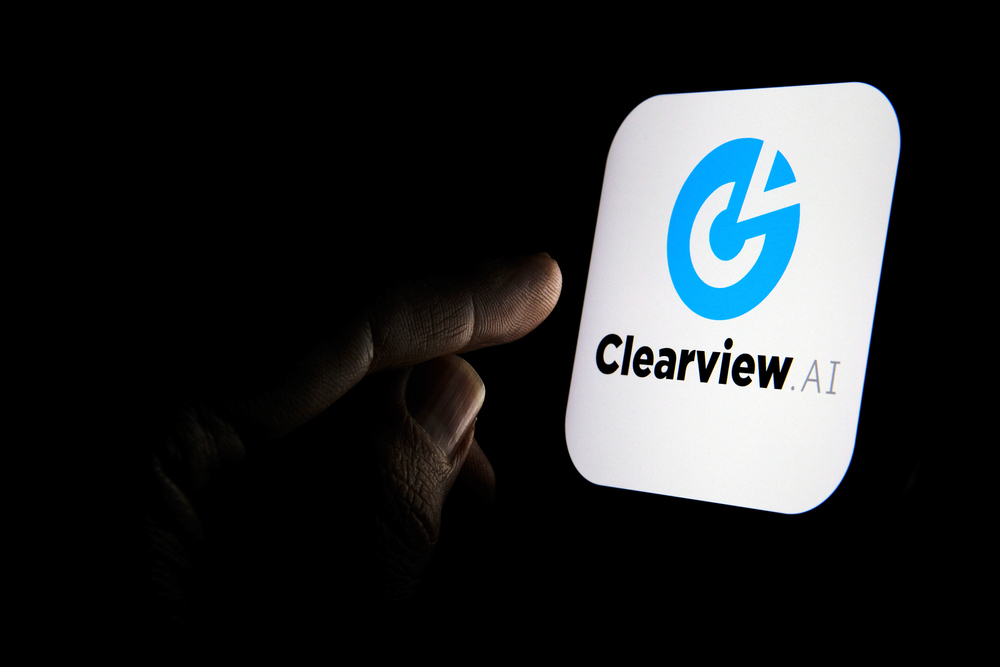 Clearview AI fined £7.5m over improper use of UK data
Clearview AI fined £7.5m over improper use of UK dataNews Australian facial recognition firm collected 20 billion images from the internet without consent in order to build its database
By Bobby Hellard Published
-
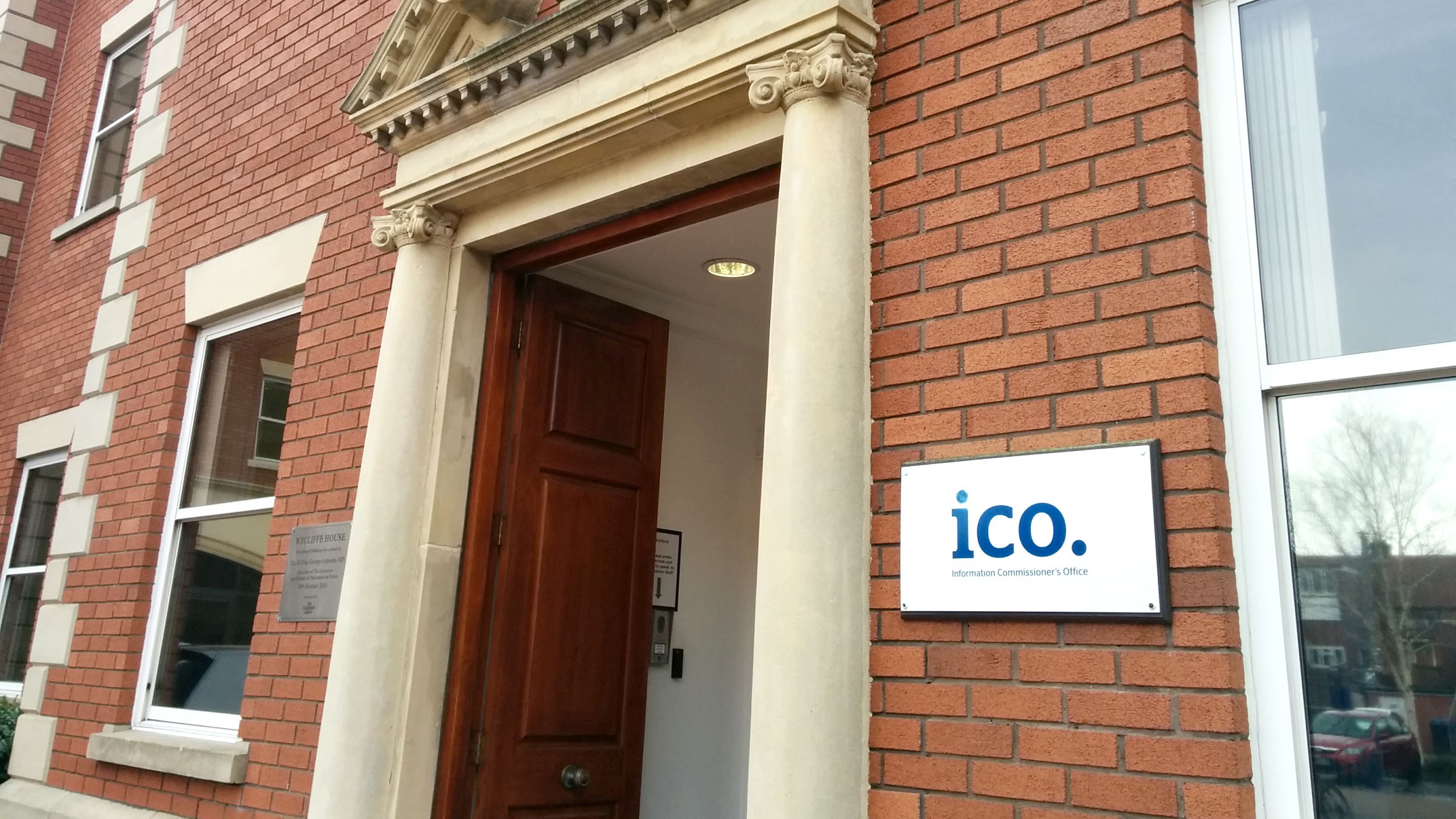 UK data watchdog cut IT spending by £1.2 million during pandemic
UK data watchdog cut IT spending by £1.2 million during pandemicNews The ICO’s IT budget has been slashed by around 23% since 2019
By Sabina Weston Published